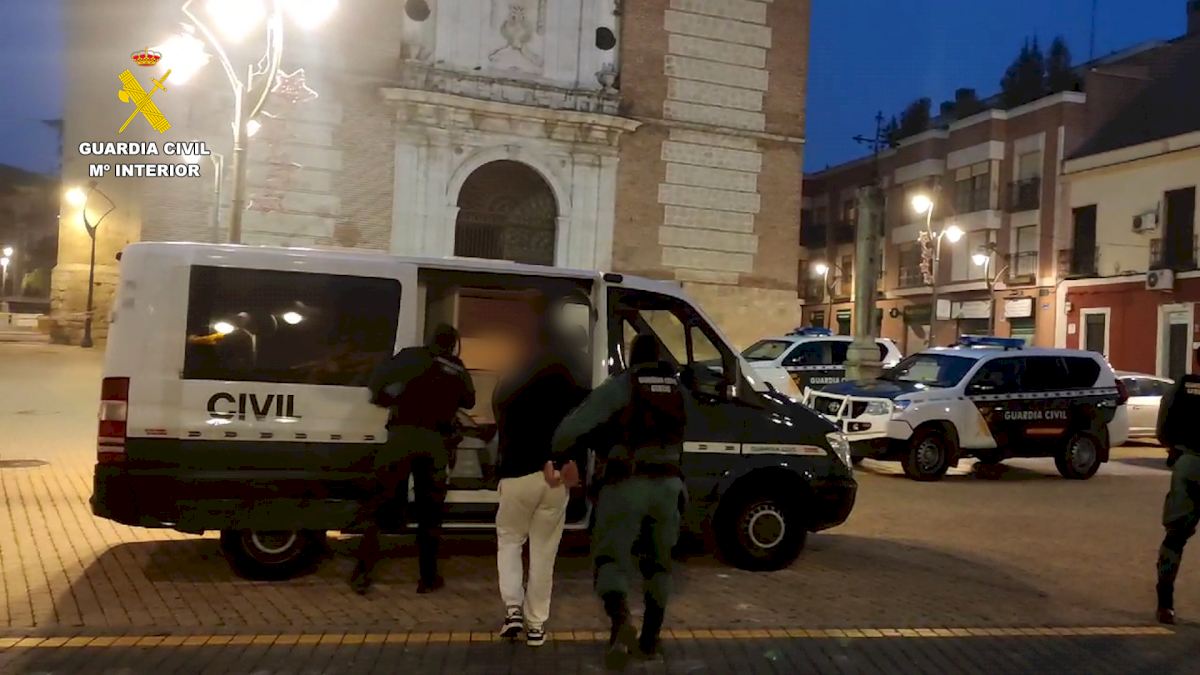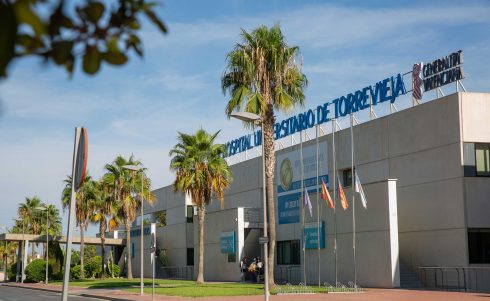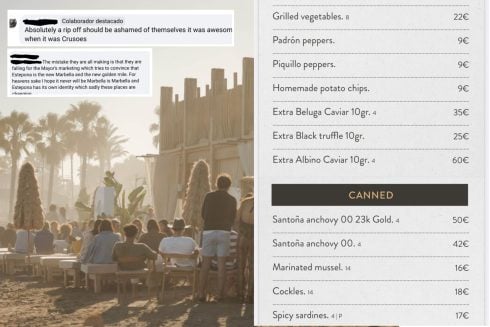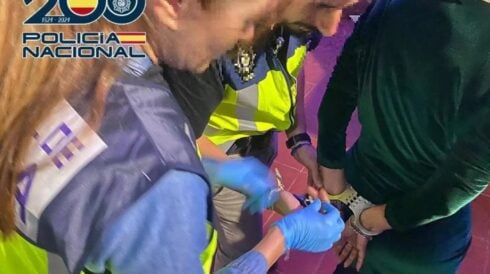A MASS scam that netted over €1 million by sending bogus invoices via emails has been busted by the Guardia Civil.
The con is known as ‘man in the middle’ and Guardia investigations started last May when a construction company said they were conned out of over €10,000.
30 suspects have been arrested in Andalucia, Catalunya, Madrid, Murcia and Toledo, including the two alleged gang leaders in Getafe and Barcelona.
READ MORE:
- Text fraud warning in Spain: How hundreds of parents sent €850,000 to scammers posing as their children in distress
- Retired Brits fall prey to €1.8million timeshare scam on Spain’s Costa del Sol: Police make multiple arrests
- Humiliation for town hall in southern Spain after losing €450,000 to ‘phishing’ scammers

The Guardia Civil says that 40 other alleged members of the group have been identified in Spain as well as in Croatia, Hungary, the UK, Morocco, Nigeria, Pakistan and Romania.
More than 100 victims have been located in 18 countries including the UK and Ireland, who were all said to have been duped during a year.
The ruse involves hi-jacking email accounts between a supplier and a buyer, and then the hacker pretends to be the supplier and asks for money transfers to be made to his or her bank account.
Another tactic is to pretend to be a customer to negotiate extensions on payments and once an item is received, the scammer stops communicating, leaving the seller short of money.
The gang is also accused of posing as genuine companies to sell items via bogus web listings including cars, farm equipment, and holiday home rentals.

Prices and charges were low and prospective buyers were asked via emails for identification documents which were then used to create new bank accounts and take out loans.
The crew is also suspected of advertising fake jobs to get personal information to use for fake IDs.
To make money transfers, they employed a network of mules who received commissions going up to €1,500.
Once money was allegedly in the criminal gang’s accounts, they made ATM withdrawals and invested in virtual currencies or transferred amounts to banks in Malta and Lithuania.
Authorities have so far recovered €114,366 from 153 bank accounts that have been frozen.
Click here to read more Crime & Law News from The Olive Press.








